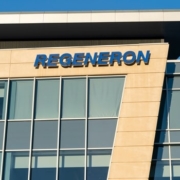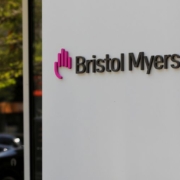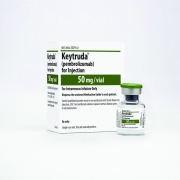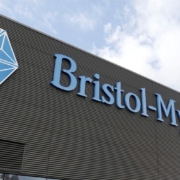Nektar Therapeutics outlined a strategic reorganization plan that includes cutting 70 percent of the company’s workforce, only weeks after Bristol Myers Squibb abandoned its clinical collaboration program with Nektar on bladder cancer and renal cell carcinoma.
Regeneron is acquiring Checkmate Pharmaceuticals and entered a clinical trial collaboration with SpringWorks Therapeutics to evaluate REGN5458 in multiple myeloma in combination with nirogacestat.
Nektar Therapeutics said on April 14 the company had stopped all clinical trials involving the drug developer’s key cancer drug bempegaldesleukin following its failure in multiple studies, dragging Nektar shares down 23% in after-market trading.
FDA approves BMS’ first-in-class LAG-3-blocking antibody combination for advanced melanoma
Approvals, Bristol Myers Squibb, Checkpoint Inhibitors, Clinical Trial Endpoints, Clinical Trials, FDA, First-In-Class, LAG-3 protein, Metastatic Melanoma, PD-1/PD-L1 inhibitors, Primary Endpoints, Progression-Free Survival (PFS), R&DBristol Myers Squibb’s Opdualag – a new, first-in-class, fixed-dose combination of nivolumab and relatlimab, administered as a single intravenous infusion – was approved by the U.S. Food and Drug Administration for the treatment of adult and pediatric patients 12 years of age or older with unresectable or metastatic melanoma.
Two Melanoma Trials Fall as BMS and Nektar Report Disappointing Results
Blockbusters, Bristol Myers Squibb, Clinical Data, Clinical Trials, Immunotherapies, Melanoma, Merck, Metastatic Melanoma, Overall Response Rate (ORR), Primary Endpoints, Progression-Free Survival (PFS), R&D, Renal Cell Carcinoma (RCC), TherapeuticsBristol Myers Squibb and Nektar Therapeutics released disappointing news about their joint Phase III PIVOT IO-001 study evaluating a dual therapy of the immunotherapy drug bempegaldesleukin in combination with Opdivo (nivolumab) compared with Opdivo alone to treat unresectable or metastatic melanoma.
The Phase 3 KEYNOTE-716 trial investigating Merck’s anti-PD-1 therapy Keytruda met its primary endpoint of recurrence-free survival (RFS) for the adjuvant treatment of patients with surgically resected high-risk stage II melanoma.
Galectin Therapeutics is one of the only biotech companies with an active Phase IIb/III clinical trial for NASH cirrhosis. Galectin recently launched a site dedicated to its study, NAVIGATE: https://navigatenash.com/. Also, the Journal for ImmunoTherapy of Cancer recently published Phase I clinical research showing belapectin, Galectin Therapeutics’ galectin-3 inhibitor, enhances tumor response in combination with anti-PD-1 therapy. Med Ad News discussed these and other topics with Dr. Pol Boudes, CMO of Galectin.
An experimental Bristol Myers Squibb drug from a new class of immunotherapy used in combination with the company’s big-selling cancer medicine Opdivo significantly extended the time it took for advanced melanoma to worsen compared with Opdivo alone, according to early data from a study released on May 19.
While a failed ebola drug helped treat hospitalized Covid-19 patients, the common cold virus could become key in treating advanced unresectable cancers.
Immuno-Oncology Treatments Finding Success with Combination Therapies
Antibiotics, Blockbusters, Bristol Myers Squibb, Business, Clinical Trials, Collaborations, Combination Therapies, Immune System, Immuno-oncology, Melanoma, Metastatic Breast Cancer, Metastatic Melanoma, Pfizer, Progression-Free Survival (PFS), R&D, Therapeutics, TumorsIn the RELATIVITY-047 Phase II/III trial combining Bristol Myers Squibb’s Opdivo with the anti-LAG-3 antibody relatlimab, the drug mashup met the study’s primary goal for progression-free survival compared to use of the blockbuster brand alone in metastatic melanoma patients.


 Getty Images
Getty Images






